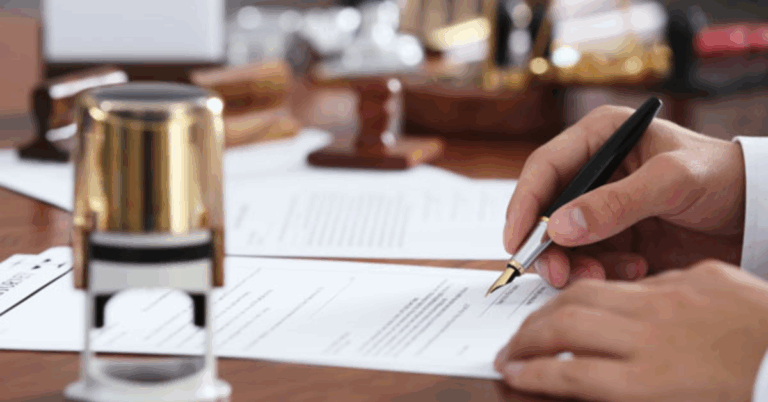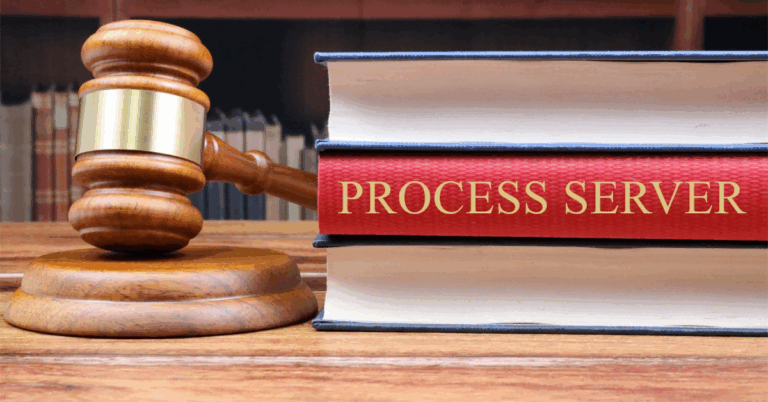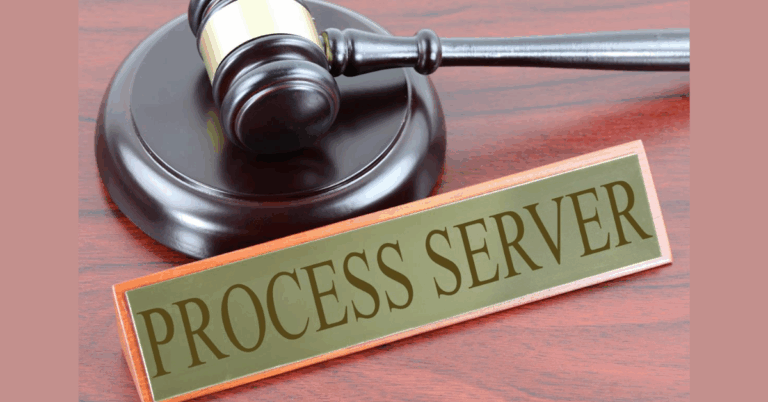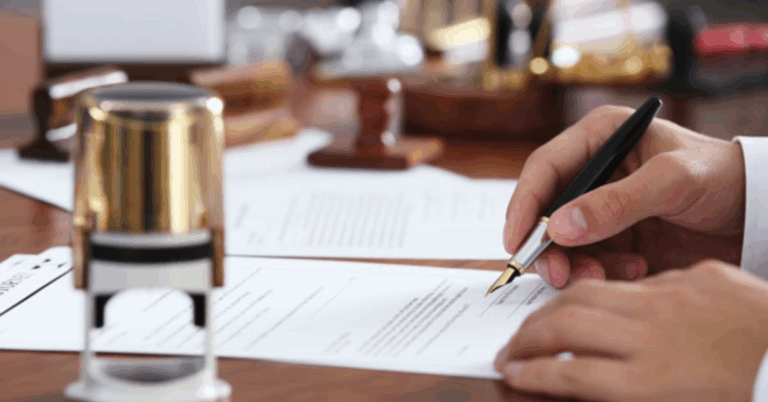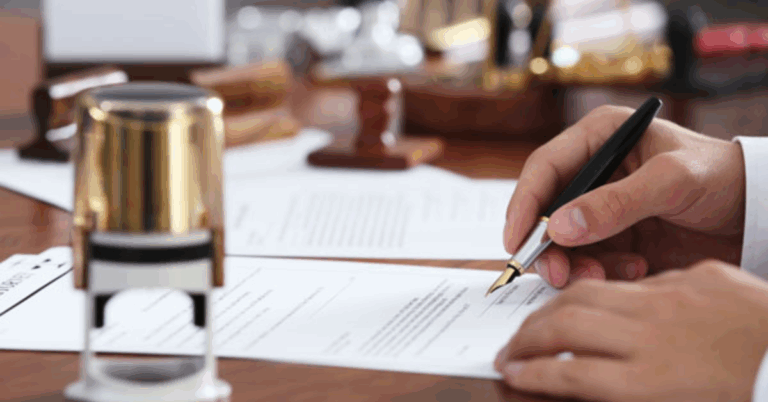Apostille Service Colorado: Your Essential Guide to International Document Authentication
If you are in Colorado and planning to use official documents abroad, obtaining an apostille is a critical step. Whether for education, immigration, business, or legal matters, an apostille certifies your documents so they are recognized by foreign governments that are members of the Hague Apostille Convention.
This comprehensive guide covers everything about Apostille Service Colorado — what an apostille is, when you need one, how to get one in Colorado, and why professional apostille services can simplify the entire process.
What Is an Apostille?
An apostille is a certificate issued under the 1961 Hague Apostille Convention that authenticates public documents. It confirms the authenticity of signatures, seals, or stamps on your documents, allowing them to be legally accepted in other countries that are parties to the Convention.
In Colorado, the Colorado Secretary of State is the official authority responsible for issuing apostilles on documents notarized or issued within the state.
When Do You Need Apostille Services in Colorado?
Apostille services are typically required for:
Education: Diplomas, transcripts, and enrollment verification documents often require apostilles for use abroad.
Marriage and Family: Vital records such as birth certificates, marriage licenses, and divorce decrees often need apostilles for international recognition.
Immigration and Visa Applications: Documents like birth certificates, affidavits, and police clearances commonly require apostilles.
International Business: Contracts, powers of attorney, articles of incorporation, and other corporate documents frequently need apostilles for overseas use.
Legal Proceedings: Affidavits, court orders, adoption papers, and other legal documents require apostilles to be valid internationally.
How to Obtain an Apostille in Colorado: Step-by-Step Process
Step 1: Identify Your Document Type
State-issued or notarized documents: These include birth certificates, affidavits, powers of attorney, and other documents notarized or issued in Colorado.
Federal documents: FBI background checks and other federal documents must be apostilled by the U.S. Department of State.
Step 2: Prepare Your Documents
Obtain original or certified copies of your documents.
Ensure notarized documents are properly notarized and, if required, certified by the county clerk or authorized official.
Step 3: Complete the Apostille Request Form
Download and fill out the apostille request form from the Colorado Secretary of State’s website.
Step 4: Submit Documents and Fees
Mail or personally deliver your documents, the completed form, and payment to the Colorado Secretary of State’s office.
Step 5: Processing and Return
The Secretary of State verifies your documents and attaches the apostille certificate before returning them.
Common Documents That Require Apostilles in Colorado
Vital Records
Birth certificates
Marriage certificates
Divorce decrees
Death certificates
Educational Documents
Diplomas
Transcripts
Enrollment verifications
Legal Documents
Powers of attorney
Affidavits
Court orders
Adoption papers
Business Documents
Articles of incorporation
Certificates of good standing
Business contracts
Federal Documents
FBI background checks
Federal court documents
Fees and Processing Times for Apostilles in Colorado
Fees
Colorado typically charges about $20 per apostille certificate.
Additional fees may apply for notarization certification or document copies.
Apostille service providers may charge service fees depending on urgency and complexity.
Processing Times
Standard processing usually takes 3 to 5 business days.
Expedited services may be available for urgent requests.
Apostilles for federal documents processed by the U.S. Department of State may take 2 to 4 weeks.
Benefits of Using a Professional Apostille Service in Colorado
Expertise and Accuracy
Professional apostille services understand Colorado’s specific requirements and help avoid errors that could delay your documents.
Convenience
They manage document preparation, notarization verification, submission, and tracking, saving you valuable time and effort.
Expedited Processing
Many providers offer rush services to meet urgent deadlines.
Secure Document Handling
Your documents are handled confidentially and securely with tracking.
Additional Services
Some apostille providers also offer notarization, certified translation, and embassy legalization services.
DIY Apostille Process in Colorado: What You Should Know
If you prefer to handle the apostille process yourself, follow these steps:
Prepare your documents
Obtain original or certified copies, notarized as required.Verify notarization
If necessary, have notarization certified by the county clerk or authorized official.Complete the apostille request form
Download and fill out the form from the Colorado Secretary of State website.Submit documents and fees
Mail or deliver your documents and payment to the Secretary of State’s office.Wait for processing
Processing typically takes 3 to 5 business days.Receive apostilled documents
Documents will be returned with the apostille certificate attached.
Frequently Asked Questions (FAQ)
1. What is the difference between an apostille and notarization?
Notarization certifies the authenticity of a signature on a document; an apostille authenticates the notarization or official signatures for international use.
2. Can I apostille a photocopy?
No. Apostilles are only issued on original or certified copies.
3. Are apostilles recognized worldwide?
Only in countries that are members of the Hague Apostille Convention. Other countries require consular legalization.
4. How long does it take to get an apostille in Colorado?
Standard processing generally takes 3 to 5 business days, with expedited options available.
5. Can the Colorado Secretary of State apostille federal documents?
No. Federal documents must be apostilled by the U.S. Department of State.
6. Do I need an apostille for educational transcripts?
Yes, if you plan to use them in countries recognizing apostilles.
7. Is a certified translation necessary?
Some countries require certified translations along with apostilled documents.
Conclusion
Obtaining an apostille in Colorado is essential to ensure your documents are accepted internationally for education, business, immigration, and legal matters. While it is possible to handle the process yourself, using a professional Apostille Service Colorado guarantees accuracy, efficiency, and peace of mind.
Experienced apostille providers understand Colorado’s requirements and manage every step — from notarization verification to submission and secure return — saving you time and preventing costly errors.


